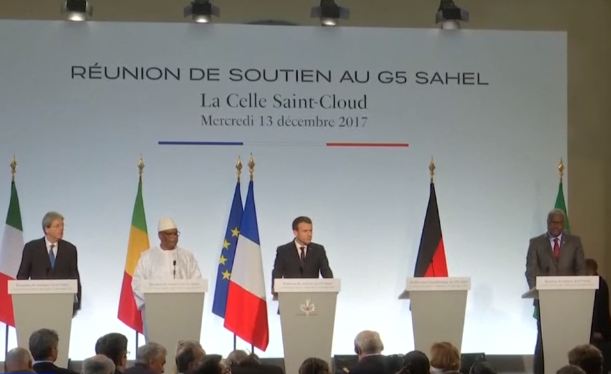
Pledges pour in to battle extremism in the Sahel region

Saudi Arabia has pledged US$100 million and the United Arab Emirates US $30 million to help the G5- Sahel joint force.
Ten months after the group was launched, the G-5 aims to combat extremist groups in Burkina Faso, Chad, Mali, Mauritania and Niger, but funding has been problematic.
It has struggled to obtain financial support from the United Nations itself – despite the fact that the UN Security Council approved the creation of the anti-terror group.
The main problem has been reluctance from the United States to allow the UN to fully fund the task-force.
The U.S. has already negotiated a $600 million reduction in the overall peacekeeping budget – of which the U.S. is the largest funder.
It is therefore unwilling to have more financial obligations for the UN to fund. However, that means the G5 force is facing difficulties reaching the planned 5,000 soldier deployment and fully equipping those troops.
U.S. ambassador to the UN Nikki Haley has also called for more information about the precise objectives of the G5.
French President Emmanuel Macron, who hosted Wednesday’s pledging meeting in Paris, suggested diverting some of the funds that go to the over 10,000-strong peacekeeping force in Mali, and giving it to the G5.
Meanwhile, the UN Security Council remains focused on the security situation in the Sahel. In October, a UN Security Council delegation traveled to Mali to visit the G5 force command headquarters for the first time.
Another donor conference will be held in Brussels on December 16th.






